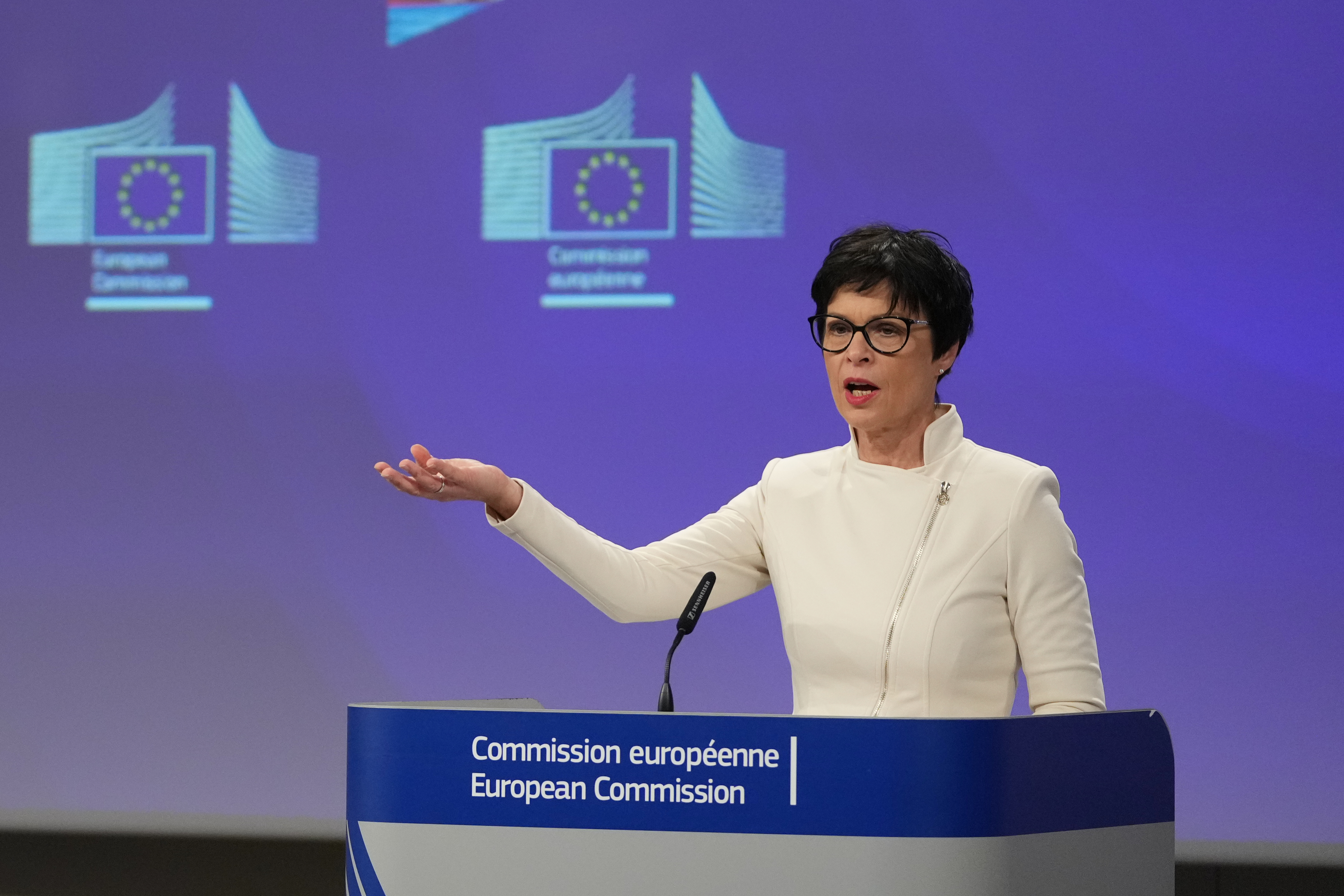EU Commissioner Kos Seeks Workaround to Hungary’s Veto on Ukraine Membership

European Commissioner for Enlargement Marta Kos stated that negotiations on Ukraine's EU membership can be conducted at the technical level without waiting for Hungary to lift its veto.
The Gaze reports on it, referring to Interfax-Ukraine.
Kos explained that in order to bypass Hungary's blockade, the EU could obtain a mandate from the Council to continue working on negotiation clusters with Ukraine and Moldova at the working level.
This will allow the necessary reforms and preparations for membership to be implemented without political delays. According to her, the clusters will only be officially opened after all conditions have been met.
“You know, when I was in Ukraine last time, I told Ukrainians that you don't need Orban to carry out the necessary reforms, and we can help them,” said the European Commissioner for Enlargement. “I hope that we can reach this agreement together with the presidency, that we can continue to work cluster by cluster at the working level, and when all the conditions are met, then we will also officially open them.”
The Commissioner also called for a review of the methodology for decision-making on EU enlargement. She emphasized the possibility of avoiding complete unanimity for most steps in the accession process, reserving it only for key decisions such as granting candidate status and concluding negotiations.
“If we want to achieve results, we need to consider whether it is really necessary to have unanimity for 150 steps in the accession process,” Marta Kos said.
She also considers EU enlargement a realistic possibility in the coming years and emphasized that successful enlargement requires both candidate countries being fully prepared for membership responsibilities and the EU itself being ready for expansion.
Speaking about Ukraine, Kos noted that “the steps already taken lay the foundation for recovery and open up space for greater private sector participation. It is important to maintain this momentum and prevent any risk of regression, particularly in the fight against corruption.”
EU foreign policy chief Kallas reinforced this view, stating that Russia’s invasion “makes the case for enlargement very clear cut,” but added that the EU “won’t cut corners and don’t offer any shortcuts,” with accession remaining “a fair, tough and merit-based process.” She noted that “new countries joining the European Union by 2030 is a realistic goal.”
Earlier, President Volodymyr Zelensky stated that Hungary is the only country blocking Ukraine’s EU membership, while all other EU members and the United States support it.
The European Union has already been exploring ways to prevent Hungary from blocking the opening of EU accession talks with Ukraine. While unanimity is required for starting or concluding overall accession negotiations, it is not legally needed to open or close individual chapters, which the EU may use to move forward.
Hungary’s opposition, led by Prime Minister Viktor Orban, is tied to concerns over the treatment of ethnic Hungarian minorities in western Ukraine and domestic political considerations, including a planned “national consultation” on Ukraine’s membership. Meanwhile, the European Commission affirms that Ukraine has addressed the required steps on minority rights and continues to make progress on reforms, strengthening its EU accession bid despite ongoing geopolitical tensions and Russian aggression.
Read more on The Gaze: Ukraine’s Government Action Program 2025–2026: Building a Resilient State Through Defense, Reforms, and European Integration